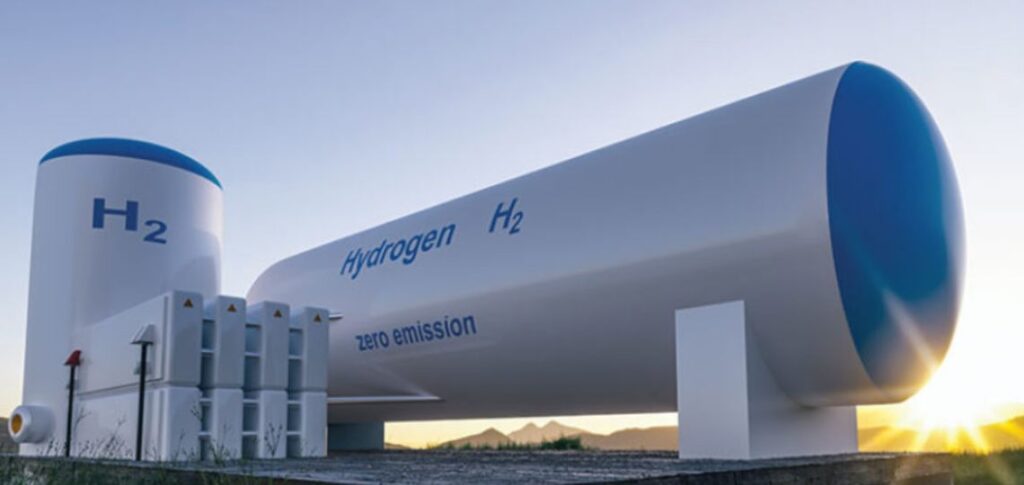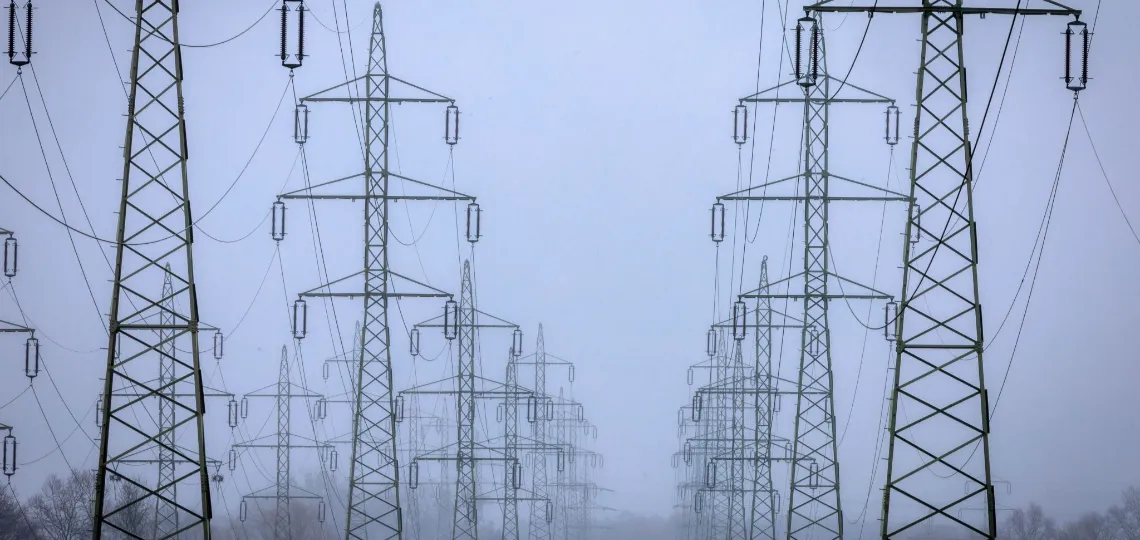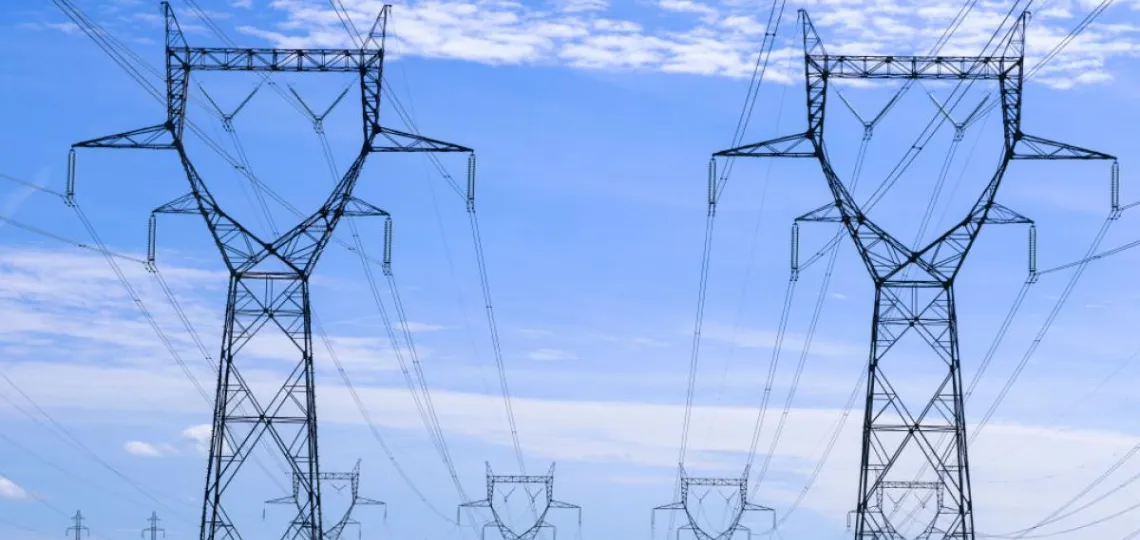The U.S. Department of Energy (DOE) has announced its intention to invest $1 billion in a demand-side initiative for H2Hubs. This program, funded by President Biden’s Bipartisan Infrastructure Law, aims to create a clean hydrogen network that reduces emissions. The investment guarantees market certainty, consequently attracting private investment and maximizing clean hydrogen’s potential.
Biden’s collaborative approach drives the growth of the clean hydrogen power economy, fostering job creation and economic opportunities.
Collaboration between government and industry is emphasized by U.S. Secretary of Energy Jennifer M. Granholm to achieve global leadership in clean energy. As a result, clean hydrogen offers economic benefits and job opportunities, particularly in underserved communities. According to the DOE’s report, clean hydrogen can generate 100,000 new jobs in the US hydrogen economy by 2030.
Secretary Granholm states that DOE is establishing a new initiative to address bottlenecks and project impediments, helping industry unlock the full potential of clean hydrogen and ensuring the long-term success of the H2hubs. Furthermore, hydrogen demand-side initiative guarantees H2Hubs’ viability, attracts private investment, refines program through Notice of Intent. NOI thus engages private sector, incorporates public input.
DOE-led initiative promotes clean hydrogen economy and job creation in alignment with Biden-Harris administration’s vision
The DOE-managed initiative aligns with the Biden-Harris Administration’s commitment to invest in America’s workforce, stimulate local economic growth, and create high-paying jobs. Later this year, the administration will select six to ten H2Hubs for up to $7 billion in federal funding. This investment hence supports the government’s vision of a carbon-free grid by 2035 and net-zero emissions by 2050. The NOI’s mechanism connects H2Hubs with buyers, ensuring continuous demand and supporting the clean hydrogen economy.
The NOI invites public input on benefits, risks, operating models, governance structures, and implementing partners. Through dialogue with various stakeholders, such as the energy industry and clean energy investment firms, as well as nonprofit entities and non-governmental organizations, the NOI undergoes refinement. Furthermore, based on demonstrated performance, the DOE may extend similar mechanisms to other clean energy products in the future.
Managed by DOE’s Office of Clean Energy Demonstrations, with support from the Office of Energy Efficiency and Renewable Energy, the H2Hubs are a critical component of the Biden-Harris Administration’s commitment to investing in America’s workforce and clean energy leadership. Additionally, the announcement of the selection of six to ten H2Hubs for up to $7 billion in federal funding is expected later this year. Furthermore, the proposed mechanism outlined in the NOI connects H2Hubs with prospective purchasers, aligning with President Biden’s comprehensive approach to foster a robust clean hydrogen economy.






















